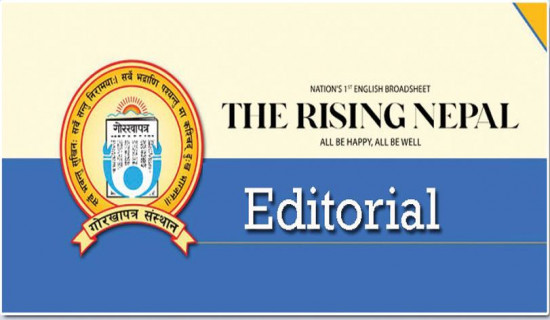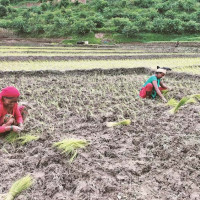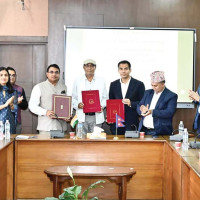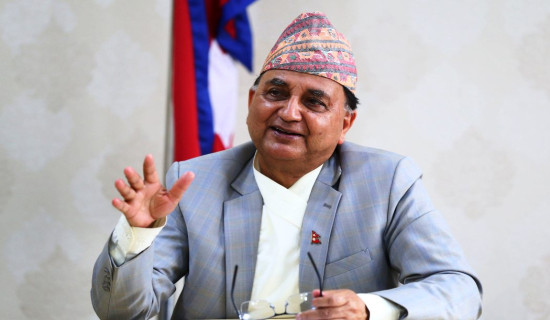- Monday, 4 August 2025
Justice For Victims
Despite political commitment and legal instruments, justice for victims of the decade-long conflict continues to be elusive 18 years after the signing of the Comprehensive Peace Agreement (CPA). In 2014, the Truth and Reconciliation Commission (TRC) and the Commission of Inquiry on Enforced Disappearances (CIEDP) were formed to ensure justice, reconciliation and reparation for the conflict victims. But these crucial mechanisms often hit snags. Conducting the transitional justice (TJ) process transparently and inclusively has remained challenging. The TJ process requires the victims’ consent and adherence to the Supreme Court’s order and international laws. Moreover, the differences among the major political parties regarding the heads and office-bearers of TRC and CIEDP also hindered the successful conclusion of the TJ process. These commissions also suffered from a lack of necessary resources – financial and human – for the collection of conflict cases, fair investigation and holding the grave human rights violators accountable for their crimes.
On March 25, the government decided to retain the committee led by former Chief Justice Om Prakash Mishra to recommend officials for the two commissions after three major political parties – Nepali Congress (NC), CPN-UML and CPN-Maoist Centre – agreed to it. The panel contains former Attorney General Khamba Bahadur Khati, former ambassador Dr. Arjun Kumar Karki, and human rights activist Stella Tamang as members. It will also incorporate the chairperson of the National Human Rights Commission (NHRC) or the person recommended by him as a member. The decision to revive Mishra-led committee has rekindled the hope of conflict victims to get justice, albeit late. The other day, major political parties – Nepali Congress, CPN-UML, and CPN-Maoist Centre – and civil society groups agreed to strengthen transitional justice bodies and implement the procedures for justice and reparations for the survivors of the violent conflict.
They made their pledges at the National Conference on Transitional Justice organised by the International Commission of Jurists (ICJ) in coordination with the nine victims led Civil Society Organisations and rights groups. The event highlighted the need for making TJ bodies functional to address the specific needs and aspirations of the victims while identifying the strategies to conclude the TJ process effectively. Speaking at the conference, Prime Minister KP Sharma Oli said that the government was committed to providing all necessary facilitation to ensure the success of the work of two transitional justice commissions. The Prime Minister also emphasised reviewing the previous work of the two commissions. Former prime ministers Sher Bahadur Deuba and Pushpa Kamal Dahal Prachanda underlined the need for concluding the remaining tasks of the peace process at the earliest.
All stakeholders need to cooperate in providing justice and restitution to the victims. It is a matter of serious concern that justice is overdue for the victims. The international community has been calling for justice and compensation to the victims who endured violence and torture by both sides – the Maoist rebels and the security personnel. There should not be a delay in appointing the officials at the two commissions assigned to study the grave human rights violations during the conflict period and recommend for the action against the alleged perpetrators. These commissions should be autonomous, credible and capable of discharging their responsibilities. As almost two decades have passed since the CPA was inked, conflict survivors have run out of patience. Some might have left the country in search of better jobs abroad. Further delay in dispensing justice will only rub salt in their wounds.

















